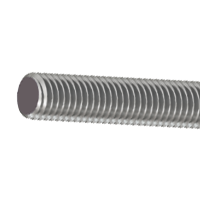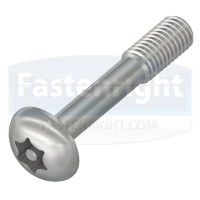In the world of fasteners, nothing is easy and everything has a learning curve in regards to knowing what you’re talking about, knowing what you need to know, and finding out what you don’t.
Even that sentence was confusing, nevermind a range of flange head hex body screws.
Here at Fastenright, we’re going to try our best to improve your knowledge surrounding screw drives by helping you out with this handy blog post.
What are Screw Drives?
A screw drive, simply put, is the system used to turn a screw – and at a bare minimum is a set of shaped cavities and protrusions on the head of the screw allowing torque to be applied to it.
It usually involves a mating tool, more often than not, a screwdriver, that is used to turn the screw.
There are slotted drives, cruciform drives, square drives, internal hex drives and many many more available.
A vast range of Screw Drives available from Fastenright
There are a number of types of Screw Drives, as explored via our infographic – but we’re going to try and break it down a little further for you.
In regards to slotted drives, there are a number of options to consider. There’s the basic slot screw drive, which has a single slot in the fastener head and is driven by a flat-bladed screwdriver. It was the first type of screw drive to be developed and for some time was the simplest and cheapest drive to make. The slotted screw is commonly found within existing products and installations – often still used in simple carpentry and applications that need little torque.
There’s also the option of a coin-slot drive, gifted that name due to their ability to be driven with a suitable coin fitting in the curved bottom recess. Often used on items where the user is unlikely to have a screwdriver to hand.
As well as this, there’s hi-torque slot drives and dzus fasteners – which are used for situations where very high torque is needed. Dzus fasteners are typically used within the aviation industry to secure inspection panels and access doors that are open and closed frequently.
Finally, in regards to slotted drives, there are cross or double-slot screw drives, which hold two slots perpendicular to each other. These are generally found in cheap roofing bolts.
Moving on from slotted drives, we’ll take a look at cruciform drives, which are based on a cross shape next.
The Phillips screw drive was designed and developed as a solution to problems with slotted screws such as them being easy to cam out, the precise alignment required to avoid slippage and damage to the driver or fastener, and the difficulty of driving a slotted screw with a powered tool. The design is often criticised for its tendency to cam out at lower torque levels.
Get in touch for more information about Screw Drives
With time at a premium, we don’t want to keep you for too long explaining what everything is and what it does, however, if there’s a specific screw drive you’re looking for, be that a torx or a combination drive or anything else, our experienced sales team can give you a helping hand.
Get in touch with us for more information at your earliest convenience.




